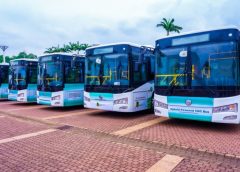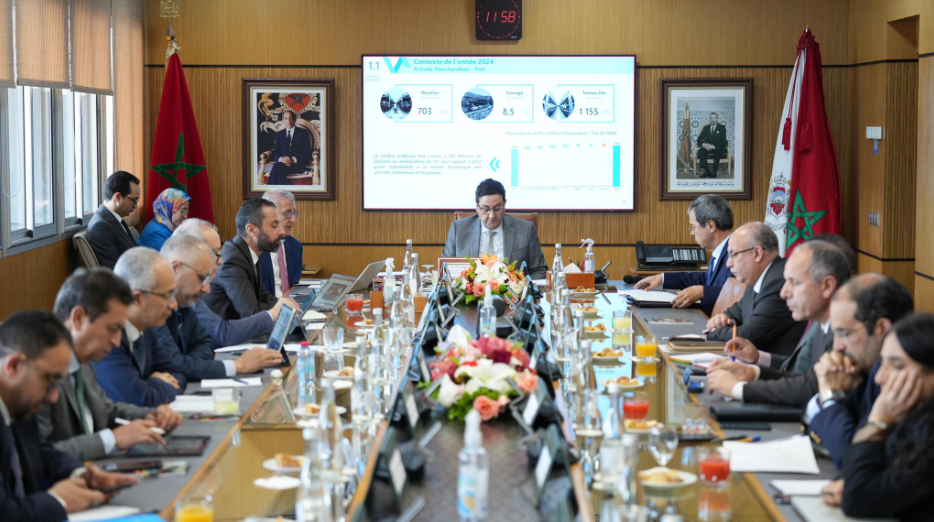In a significant move towards sustainable and cost-effective transportation, Nigerian President Bola Tinubu inaugurated 30 Compressed Natural Gas (CNG) powered buses in Abuja on Monday. This initiative marks a pivotal step in Nigeria’s efforts to revolutionize its public transport system and reduce dependence on imported petroleum products.
The locally manufactured hybrid buses, with a combined capacity to transport 3,000 passengers, were donated by the Depot and Petroleum Products Marketers Association of Nigeria (DAPPMAN) and the Nigerian National Petroleum Company Limited (NNPCL). This collaboration between the government and private sector underscores a unified approach to addressing Nigeria’s energy and transportation challenges.
President Tinubu emphasized the potential of CNG in transforming Nigeria’s transportation landscape. He highlighted that commercial vehicles account for approximately 80% of the nation’s petroleum demand, suggesting that a shift to CNG could significantly reduce the country’s fuel import bill and transportation costs.
The President drew parallels with countries like India, which mandated CNG for all commercial vehicles in 2004, showcasing the global trend towards cleaner, more efficient fuel alternatives. Tinubu expressed optimism that this initiative would enhance Nigeria’s energy competitiveness and contribute to the nation’s prosperity.
The buses, manufactured by Innoson Motors, a Nigerian company, represent a triumph for local industry and align with the administration’s push for domestic production and energy innovation. This move not only promotes environmental sustainability but also supports local manufacturing capabilities.
DAPPMAN Chairperson, Dame Winifred Akpani, reiterated the association’s support for the government’s efforts to address Nigeria’s energy challenges. She highlighted the pride in partnering with a Nigerian manufacturer for this initiative, emphasizing the project’s contribution to local industry growth.
This launch is seen as a significant step towards reducing transportation costs, enhancing productivity, and saving foreign exchange spent on fuel imports. As Nigeria grapples with economic challenges, the introduction of CNG buses is viewed as a promising solution to alleviate some of the country’s transportation and energy-related issues.
The inauguration of these CNG buses signals a new direction in Nigeria’s transportation policy, one that prioritizes sustainability, cost-effectiveness, and local industry development. As the initiative unfolds, it is expected to have far-reaching impacts on Nigeria’s economy, environment, and public transportation system.






